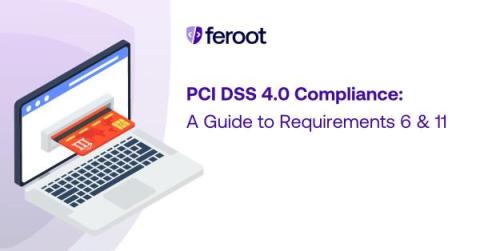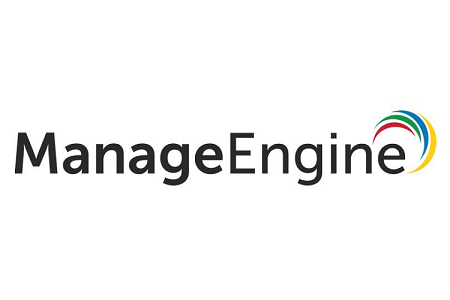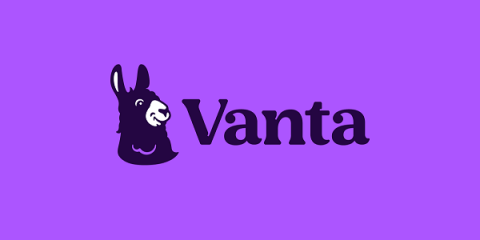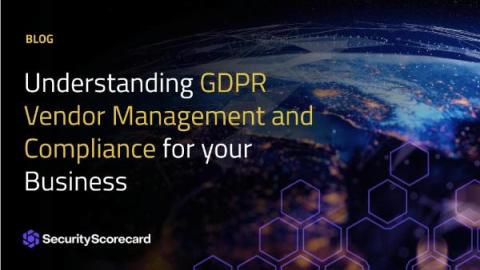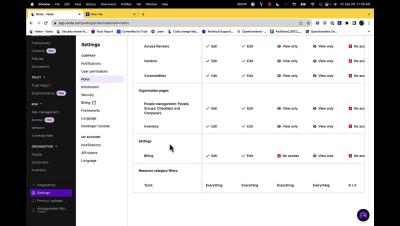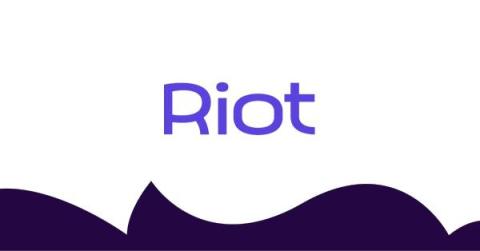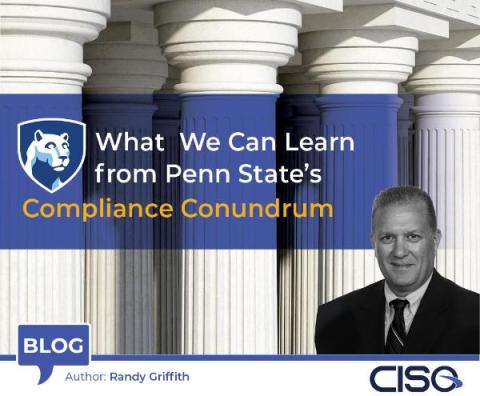PCI DSS 4.0 Compliance: A Guide to Requirements 6 & 11
In the ever-evolving landscape of cybersecurity, staying ahead of threats and ensuring the safety of sensitive customer data is paramount. For organizations that handle payment card information, complying with industry standards like PCI DSS (Payment Card Industry Data Security Standard) is not only a best practice, but a compliance requirement that can result in hefty fines upwards of $100,000 a month.


